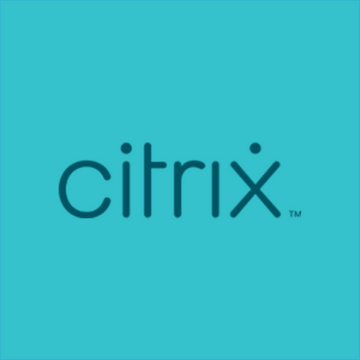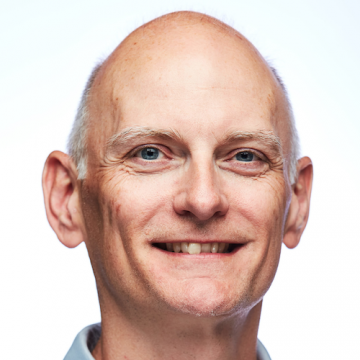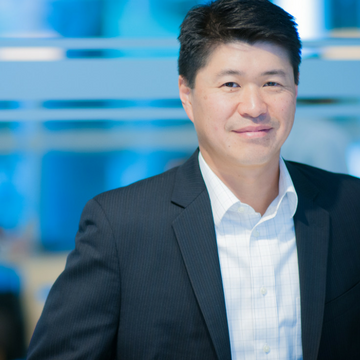Nurses on the front lines of patient care see firsthand how medical tools, devices, and the environment can affect healing.
It’s quite common for them to flex their innovator muscles to tinker with tools using materials from the supply cabinet to make things easier for their patients—things like glow-in-the-dark pill bottles, a special remote control for people with finger tremors, and custom bandages for the tiniest patients in the NICU.
It’s why MakerHealth co-founder and CEO Anna Young and her organization started MakerNurse, a community to support makers, stealth innovators, and problem solvers by giving them the tools and the space they need to say yes to experimentation and creation, and yes to better care for patients.
They’re creating makerspaces—dedicated spaces in hospitals for all staff and maybe even patients eventually—to tinker and collaborate to create things that have the power to revolutionize patient care.
The maker spaces are stocked with the same supplies and tools that medical designers and engineers use, like pliers, sewing needles, 3-D printers, laser cutters, and medical prototyping equipment.
“This is a culture shift. We’re not just reinventing the provider’s instrument bag. … We’re reinventing healthcare,” Young wrote on TEDMED.
UTMB Health John Sealy Hospital in Texas was the first hospital to open one of these makerspaces. Nurse manager Jason Sheaffer used the space’s 3-D printer to make parts to combine with PVC pipes to create a portable three-headed shower. Nurses typically have to manually wash chemical-burn victims for hours at a time. But Sheaffer’s invention allows water to be directed over specific areas at the same time, not only speeding up the process for patients but also saving nurses’ time so they can care for more patients.
Young says hospital staff like Sheaffer can create and introduce new solutions into the care-delivery process faster than a medical device company.
“It seemed like an easy solution, but I could never get around to building it on my own,” Sheaffer told Popular Science. “Now if I have an idea, I can just run up to the makerspace and get the ball rolling.”
MakerHealth believes that anyone can be a maker and say yes to improving healthcare together. By democratizing innovation they can help foster a Culture of Health.




